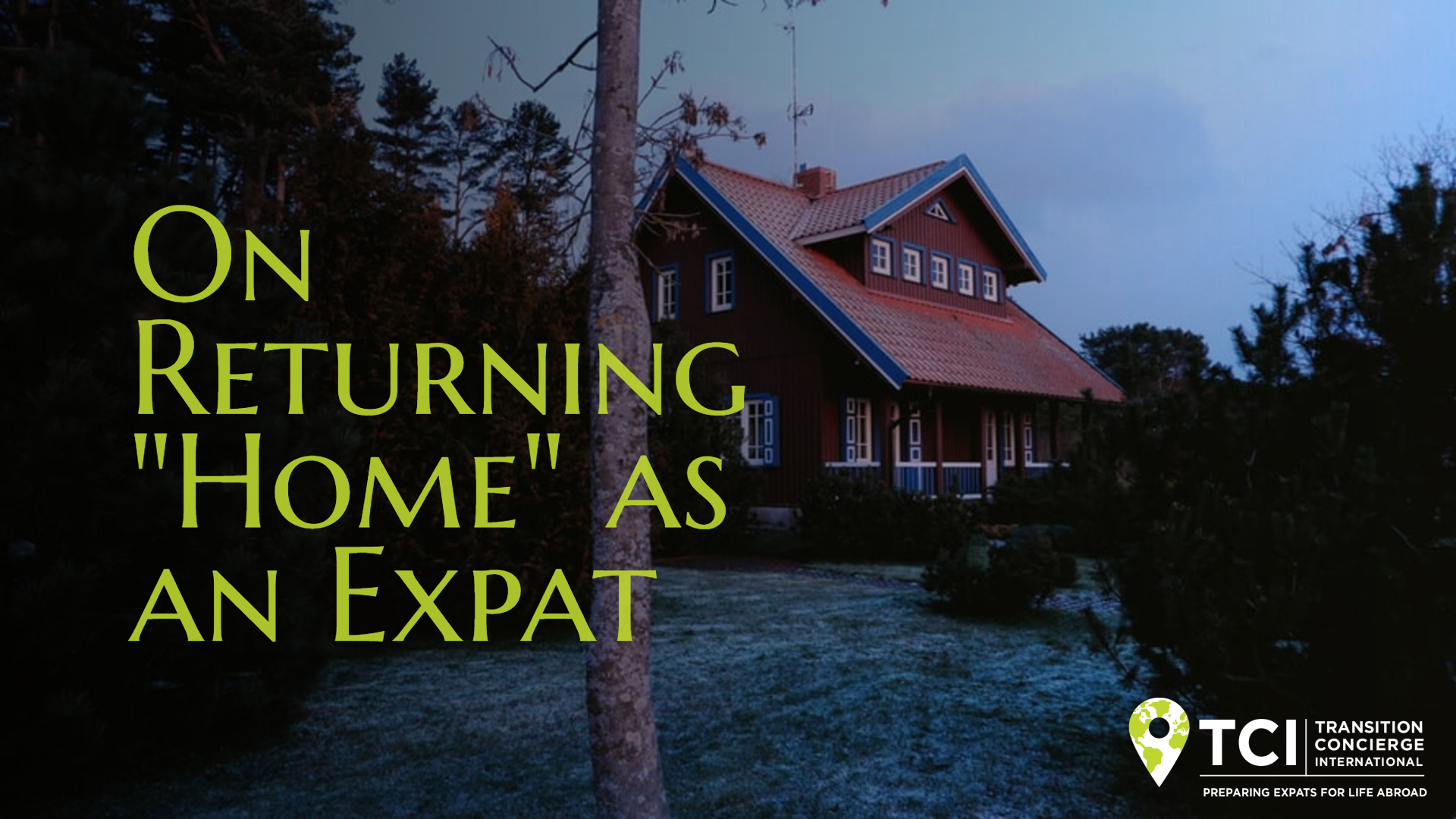I recently returned to the U.S. for our daughter’s wedding. This was our fifth trip back in 18 months and our last command performance. Once we return, we will not have a compelling reason to return.
The previous five trips were all business trips – of a sort.

Either business related to our relocation or family rituals; specifically, death and marriage. A baby’s birth will get us on a plane too.
It’s awkward being in the U.S. when one no longer lives in the U.S. What was once our life, full of errands, commitments, and the expectations of friends and family, is now a vacation destination.
When we return “home” we sleep in unused guest rooms, insert ourselves into the ongoing busy lives of old friends, and struggle to find a balance between seeing people we love and interrupting their lives.
It is a slightly uncomfortable position–one that leaves me with mixed emotions about coming “home” to this foreign county of Ecuador.
Seeing through different eyes
Back in the U.S., the culture is familiar but, having lived overseas, I see it now through different eyes.
Below is a caveat I wrote, while I was still in the States and judging, with my new perspective, what I was seeing. Now that I am back in Ecuador, I can see this apology as a very American point of view. I am attempting to be both politically correct and to preempt any righteous outrage from people who might hold an opinion different from mine.
Caveat: What follows is my observations of my former life, my friends, my neighborhood and my white, middle-class culture. I know that your experience of life in your home country is completely different. I respect that. Respect for a wide variety of differences is a perk of the expat life. So please view my subjective experience with the same open and curious mind you bring to all your foreign experiences. We all don’t have to be the same. If we were, why travel?
That said, here is a shortlist of the things I see with new eyes.
- The North American obsession with diet
In my short stay back in the U.S., I have supped with people who don’t eat carbs, people who don’t eat onions or garlic, people who don’t eat dairy or gluten, people who don’t eat tomatoes or peppers, and people who don’t eat cucumbers. All these were different people on different diets often sharing the same table.
- The consumer economy
I do my personal shopping when I am back in the States. Ecuadorians are small people with small feet, so I shop for shoes. My preferred style of dress is different than that of an Ecuadorian woman of my age, so I shop for clothes.
And then there is the shopping that can be attributed to my failure to completely adapt to life here. I shop for drug store items, makeup, new socks, strange condiments like fish sauce and black bean paste and kitchen appliances like an electric pressure cooker.
This time, I found my shopping marathon generated a truckload of paper catalogs in my international mailbox. Catalogs I didn’t ask for and don’t want. The catalogs seem to insist, at the price of a good many trees, that my shopping marathon should continue indefinitely. Why?
- The popularity of Starbucks

What is it with Starbucks?
Here in Cuenca there is no place exactly like Starbucks. There are cafés that serve coffee and light food where people go to meet and talk.
And there are cyber shops where one goes to use the internet for study or to play games.
But the culture of taking one’s computer to a table at a Starbucks to work alone in public is not common here. In my travels through the States, no matter where I was, I found there was always a Starbucks nearby and it was always busy, often with people focused solely and intently on their electronics. Why?
- The endless hours spent in a car
I spent much of my home leave in and around Washington DC. The challenge of traffic: sitting in it, checking on it, avoiding it, consumed much of our energy.
Ironically, we would struggle to avoid traffic so we could get home in time to walk, through the neighborhood, without a destination, for the exercise.
- The frog in the pot
There is a story people tell about a frog in a pot. The premise is, if a frog is put suddenly into boiling water, it will jump out, but if the frog is put in tepid water which is then brought to a boil slowly, it will not perceive the danger and will be cooked to death.
I am reminded of this story when I return to the United States. There the boiling water is the life all around us. When we are there, American values are so pervasive, so widely accepted and so familiar we quickly become inured to the lifestyle.
Even if it is restrictive, materialistic, uncritical, and inconvenient we accept it as the way it is. And, we tacitly agree, that the way it is, in this great country, is the way it should be.
You didn’t come to this site to hear about my observations of the country of my birth. Suffice it to say, moving overseas has its price. It will change you in ways you can’t predict. And you won’t even know you’ve paid a price until you return to where you came from and see how you have changed.
So, did my judgments offend you? I hope not. But if they did, please let me know in the comments below.


